AARP Hearing Center


Chapter Seven
Maurice Braddick had got into the habit of watching television at breakfast time. When he was working there’d been no time for anything but a quick cup of tea and then he’d be out of the house, driving into Barnstaple to Butchers’ Row, often arriving before the others even though he had furthest to go. He’d pick up something to eat when he got to the shop — Pam, the owner’s wife, made bacon sandwiches to sell to the stallholders in the pannier market — or he’d hang on until lunchtime and have a pasty. He didn’t think much about work now, because it was too painful to remember the companionship and the jokes, what he was missing.
After his retirement, he and Maggie would sit together for a few moments in the kitchen once the taxi had come for Luce and they were on their own. They’d have another cup of tea and chat over their plans for the day. Maggie had never been a great one for TV, because she hadn’t been able to stay still for long enough to watch it. She’d be on her feet and out into the garden. Or up to the village to organize the over-sixties club or chivvying him to drive her out with the meals-on-wheels. He’d never minded. He liked being told what to do.
Now, he and Lucy watched the small television in the kitchen while they ate their breakfast. Lucy had her favourite presenters and it made her day if one of them was on. There was a woman with short hair and a Northern accent, whose voice made her giggle. Maurice was delighted if he switched on the set and that woman appeared on the screen. He loved to see his daughter laugh.
He was always up first. He set out the bowls and the boxes of cereal, got the milk from the fridge, stuck a couple of slices of bread in the toaster. He’d put Lucy’s clothes out the night before and she came in, dressed and ready, and heaved herself onto the stool by the breakfast bar. She’d always liked going to the day centre. Some of her friends had found it hard to settle in the Woodyard. Rosa had stopped going soon after they moved into the new premises. Her mother hadn’t caused a fuss about it, though when Maurice had asked her, she’d said she didn’t think it was right, all the different groups in the same building. Lucy had loved the buzz of the new place and had seemed at home there right from the start. Maurice was very proud of her, of how confident she was.
Before the Woodyard had opened the year before, there’d been talk of closing most of the learning disability services in the county, because the council didn’t have enough money to keep them going. That had been just after Maggie’s death and it had been a dreadful time. The thought of having Lucy at home all day, bored and frustrated, had kept Maurice awake at night. Now the day centre had moved into the Woodyard and he could relax again.
It was eight o’clock and the TV changed to local news. The bus was at nine so there was no rush. Maurice walked Lucy to the stop in the mornings to get a bit of exercise and to make sure she got off all right. It was another lovely day, and the soil would be warm enough to start planting. In his head he was already in the garden, that earthy smell in his nostrils and the sun on his neck. He was pulled back to the present when Lucy pointed at the screen and started shouting, so upset that the words spilled out and he couldn’t understand what she was saying. There was the photo of a man, staring out at them, and it was gone before Maurice could get a proper look.
He waved at Lucy to be quiet for a moment so he could hear what the presenter was saying.
‘Anyone with information about Simon Walden, whose body was found on the beach near Braunton yesterday afternoon, should contact Devon and Cornwall Police.’
Then it turned to the weather. ‘What is it, maid?’
‘That’s my friend,’ Lucy said. ‘My friend from the bus. The man with the sweets.’
Maurice drove Lucy to the day centre in Barnstaple. He wanted to talk to the staff there before calling the police. It wasn’t that he didn’t trust Lucy — she seemed so certain about the man on the TV — but he didn’t want to be on his own with her if an officer turned up at the house. Not everyone was sympathetic. They didn’t take his daughter seriously; they ignored her or they stared. Just because she had Down’s syndrome and you could tell she was different. Lucy’s friend Rosa hadn’t looked different at all — she was a pretty little thing — and he and Maggie had never been sure if that was good or not.
People might expect too much from her, not realize she saw the world differently from other people. Today, Maurice wasn’t sure how he’d cope if somebody ignorant came to do the interview. Lucy was sharp as a tack about most things and it was easy to patronize her.
Inside the main door of the Woodyard, there was a big space with paintings hanging on the wall. This week there was an exhibition about ships and sailing and he was drawn to one picture of the quay in Bideford, with an old boat tied up. It was all browns and greys, as if there’d just been rain. Maurice thought Maggie would have loved it. It was sudden thoughts about the things Maggie would have liked or pieces of gossip that he’d like to pass on that made grief come back and bite him on the bum. He felt tears welling in his eyes and blinked them away, told himself not to be a soppy old git.
He left Lucy with her mates in the day centre and went to the main office. Jonathan was there. He was in charge of the place. Maurice recognized him from outside the door, even though the man had his back to him. He had hair that was so blond it was almost white and he wore shorts and sandals whatever the weather. Maurice hadn’t known what to make of him when they’d first met. Now, he saw him as some sort of hero, because he’d been the energy behind the Woodyard, and Lucy was so happy here. Today the shorts were khaki and came below the knee and there was a T-shirt with a sheep on it. He was having problems with a printer and was swearing, words that Maurice would never say out loud, not even if he was on his own.
Maurice tapped at the door and Jonathan turned around. ‘Maurice, are you any good at technology?’
Maurice shook his head. ‘Sorry.’
‘Ah, bugger! Never mind, Lorraine will be in soon and she’s brilliant.’ He moved so he was closer to Maurice and leaned against the desk. ‘How can I help? I saw Lucy yesterday and she seemed very well. I know that some of the chaps had problems moving out to the Woodyard, but I hear from the workers at the centre that she’s thriving here. Gaining in independence and confidence every day, I hear. And a great asset in the cafe.’
‘I know.’ Maurice wasn’t sure how to start explaining. There was an awkward silence. He felt himself blushing, wished Maggie was here, because she’d know what to say.
‘Is this about where Lucy might live when you can’t look after her any more? I know the social worker’s asked you to think about that.’
‘No!’ Maurice knew he should think about that, but he wasn’t ready. He couldn’t imagine life at home without her.
‘Because there are options, you know, and it probably is time to talk them through. You and Lucy. I think she’d be fine on her own with a bit of support.’
Maurice thought he would come and talk to Jonathan sometime about Lucy’s future, though he’d hate living on his own. He shouldn’t be such a coward. ‘I know,’ he said, ‘but there’s something more important I need to tell you now.’
‘I could do with a coffee. Why don’t we go to the cafe and you can tell me what’s worrying you?’ Jonathan moved towards the door. Maurice thought he was pleased to be leaving the office and his work there.
They sat in the cafe, by the big windows that looked down the river towards Anchor Woods. The tide was out and there was an expanse of mud, the skeletons of rowing boats left to rot. Here, Maurice found it easier to start talking. He told Jonathan about the man on the bus and how worried he’d been about him approaching Lucy in that way.
‘He might just have been friendly, but it seems odd. Luce said he got off at her stop each evening, but when I saw his picture on the telly, I knew he wasn’t someone I recognize from the village. I don’t know everyone there; sometimes there are incomers. But it’s weird, don’t you think? As if he was stalking her. You hear of people taking advantage of vulnerable people. Bullying. Sexual assault. There was something in the newspaper only last week.’ Maurice stopped for a moment. He wanted to say that if this Walden had plans to harm his daughter he didn’t mind if someone had killed him, but Jonathan might take it the wrong way. If the police were involved, you had to be careful what you said.
‘And Lucy definitely identified the man on the TV as the person who was chatting to her on the bus?’
‘Yes.’ Maurice sipped his coffee. It was stronger than he liked, but it would have been rude not to drink it. ‘She was certain it was him. And she’s good at remembering pictures.’
Jonathan nodded. ‘You do know you’ll have to talk to the police. If he’s been going out to Lovacott each day on the bus, they’ll want to know what he was doing there, who he might have been meeting. It’s hardly the centre of the universe, Lovacott, is it? Only six miles from town but it feels like the back of beyond and I can’t think why he’d be making the regular trip.’
Maurice nodded. ‘I wanted to make sure they sent someone who’d understand to talk to Lucy. Someone patient, who wouldn’t get her flustered or upset. And I hoped you would be there with her. I know there are other people working in the centre now you’re running this place, but you still know her best.’ Maurice was tempted to talk about his feelings about the new people, with their notions of independence and making Lucy get the bus, but maybe this wasn’t the right time. And deep down, he knew Jonathan would think it was good for Lucy to learn to do more on her own.
‘Of course. I can do that. I’ll make sure it’s all carefully handled.’ Jonathan gave a quick grin. ‘My husband’s a cop. I should be able to pull a few strings. I’ll give him a ring, shall I?’
Maurice blinked at that. He’d heard that Jonathan had married a man, but he wouldn’t have thought he’d be the sort to take up with a policeman. He was too much of a free spirit. Then he thought times had changed, and all that mattered now was that Lucy would be well looked after.
‘There’s one other thing.’
‘Yes?’ Jonathan had taken his phone out of his pocket to ring the police, but he set it on the table and gave Maurice his full attention. Maurice went on: ‘Lucy thought she’d seen the man before. I’d have recognized him if he’d been knocking around the village, so I think the Woodyard is the only other place she could have met him.’
Jonathan nodded as if this was something he’d already suspected.
In the end, Maurice spent all morning at the Woodyard. Jonathan’s man was there sooner than either of them had expected, and the three of them talked together before Lucy joined them. Matthew Venn was serious, sober, dressed in a suit. When he reached out to shake hands, Maurice saw that his fingernails were round and clean, like little pink shells. It was impossible to imagine him in shorts and a T-shirt. But the man’s formality inspired confidence; he wouldn’t be one for cutting corners and there was nothing flashy about him. Maurice had always been suspicious of flashy.


























































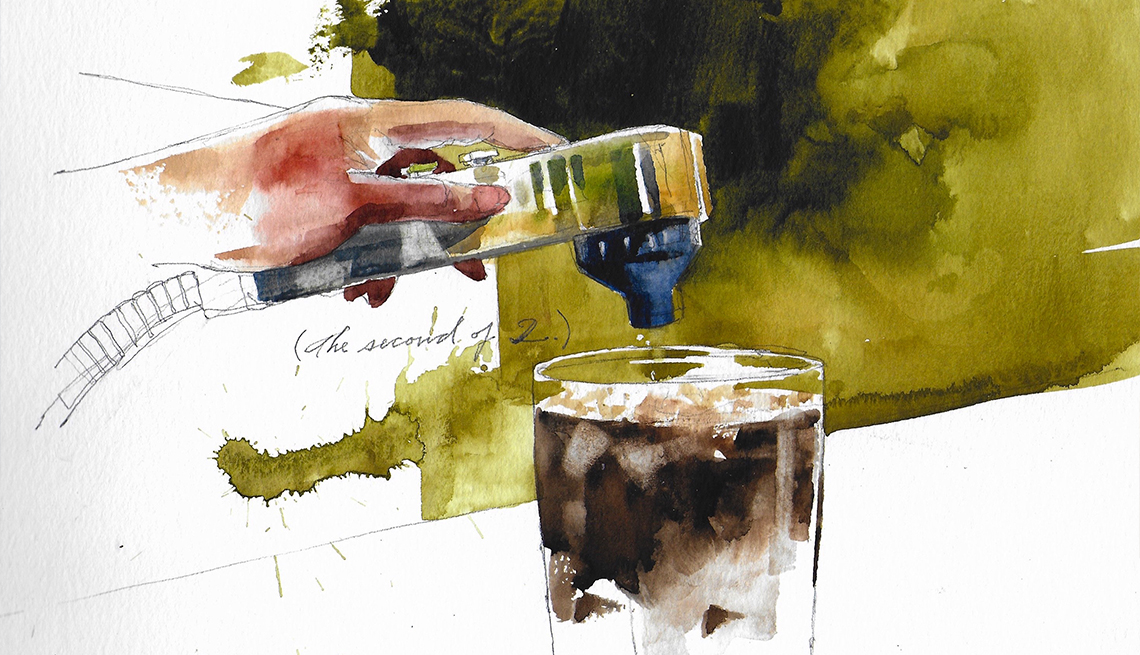
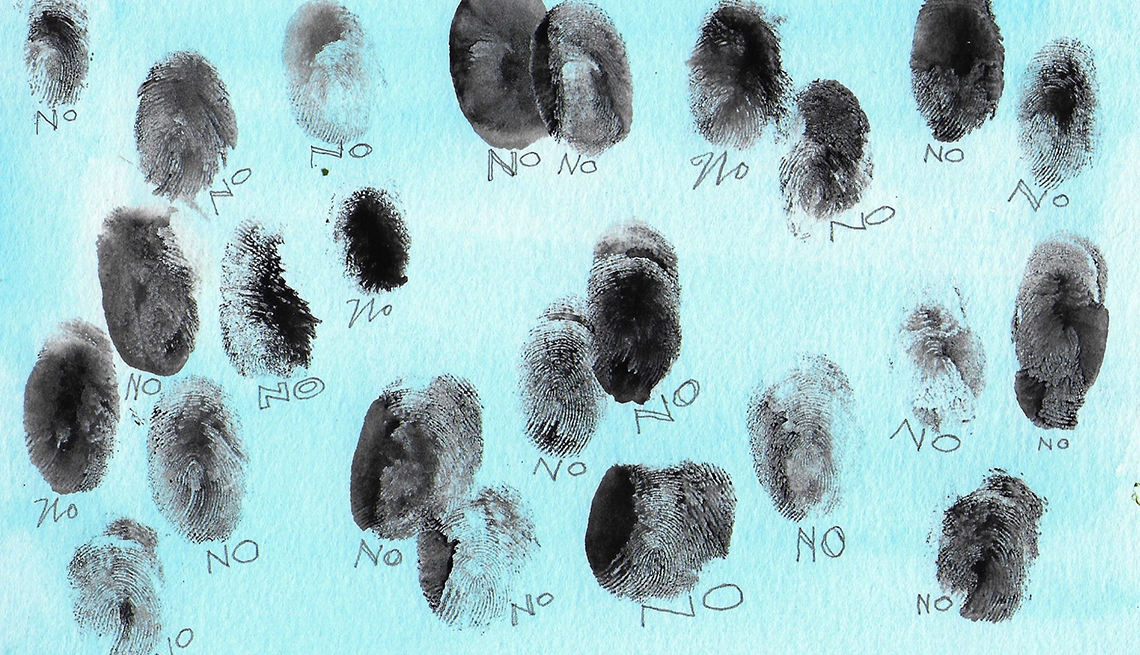
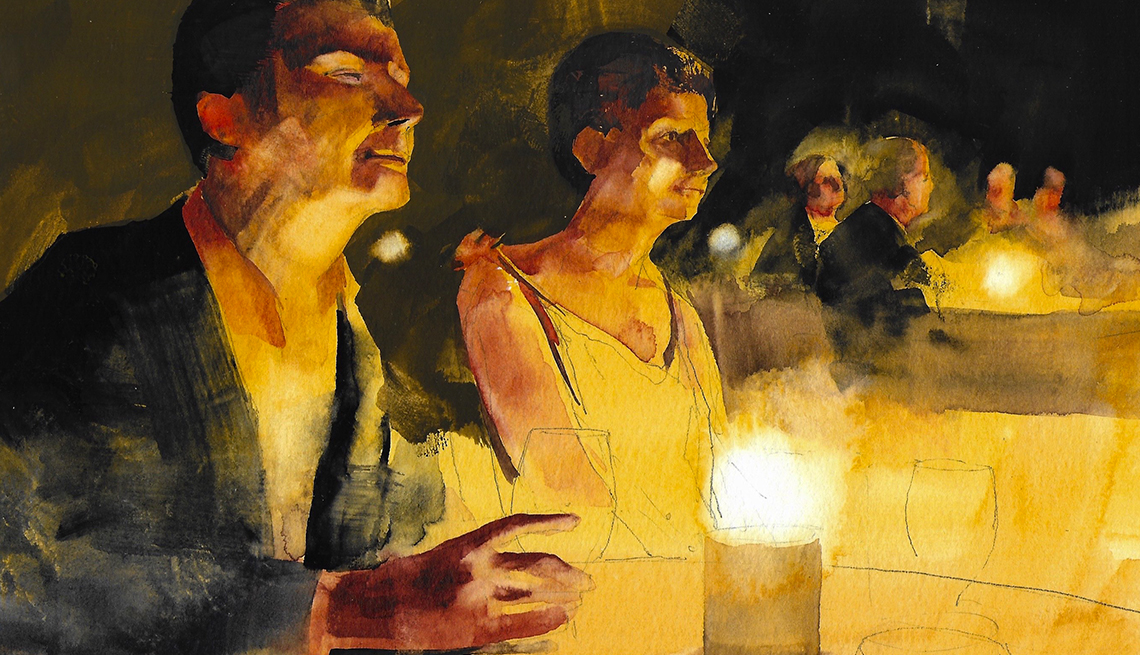
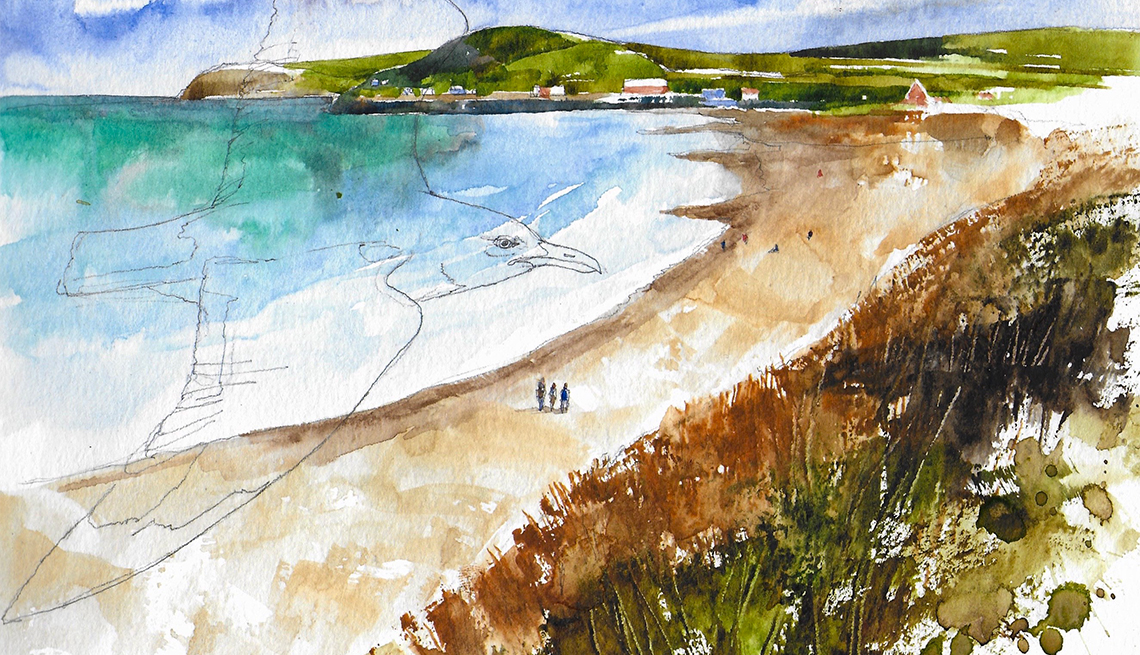
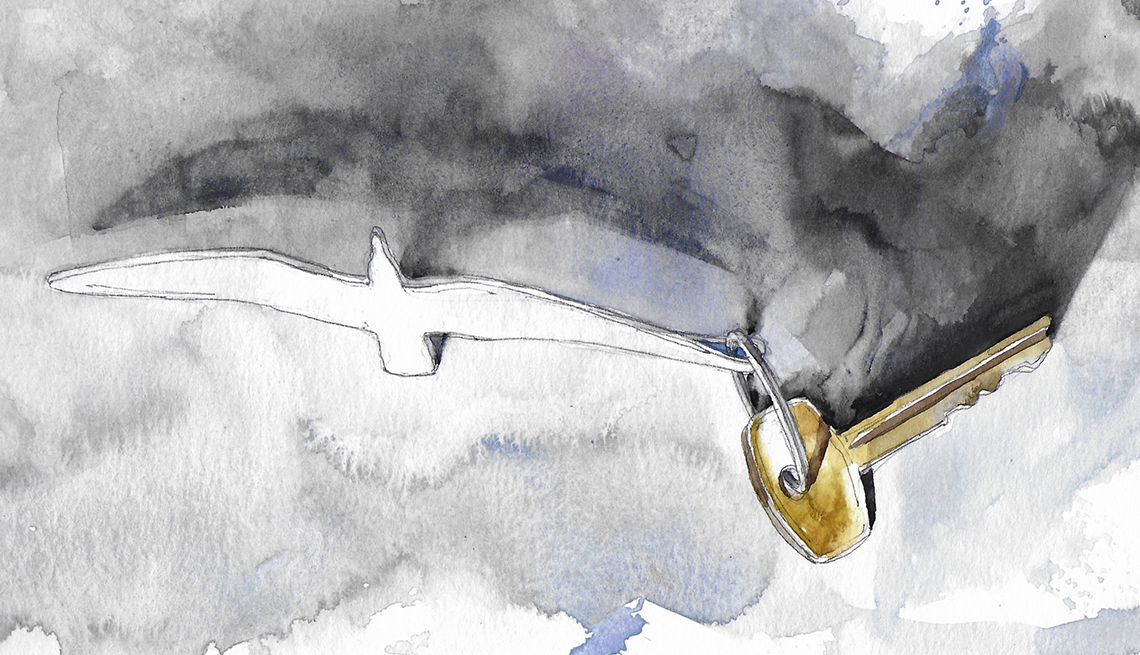
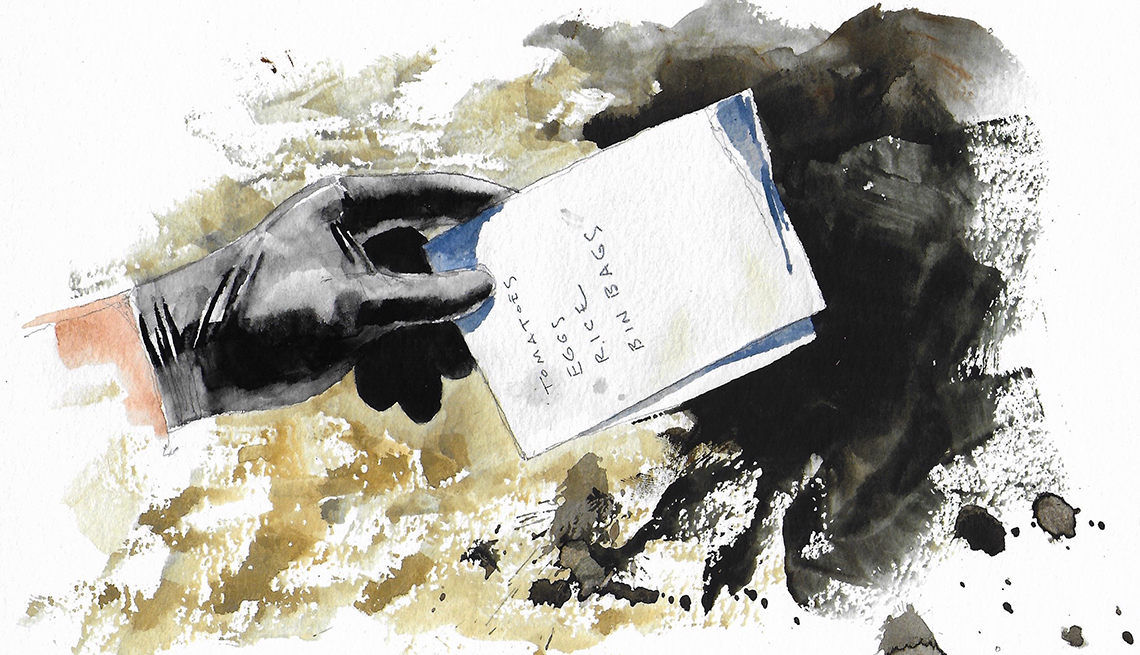
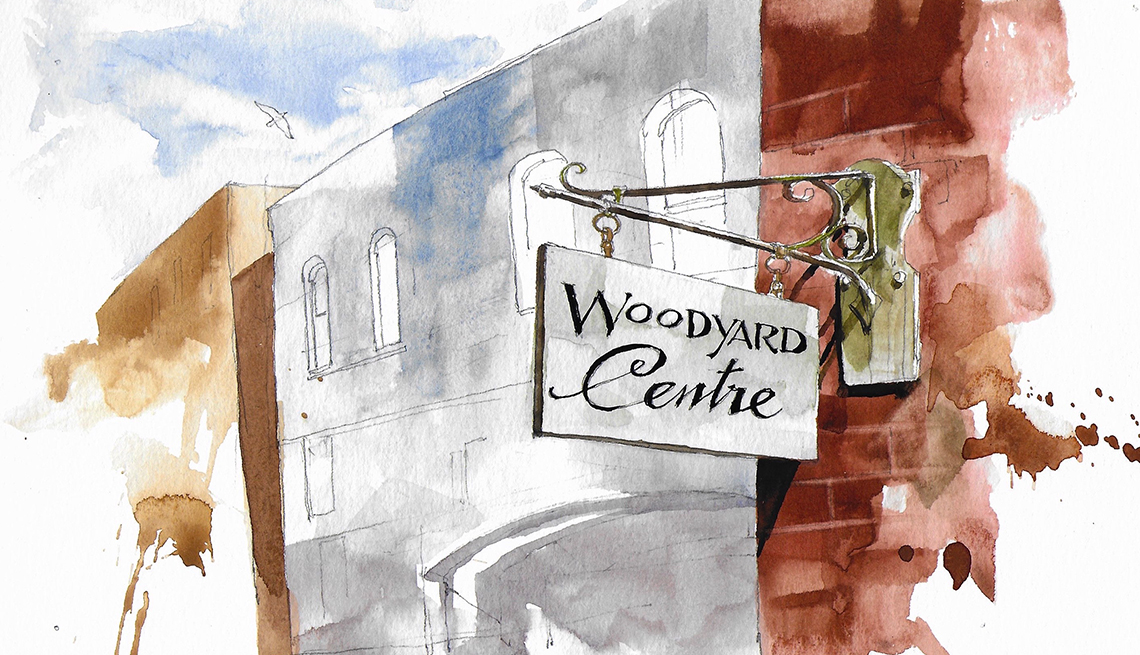
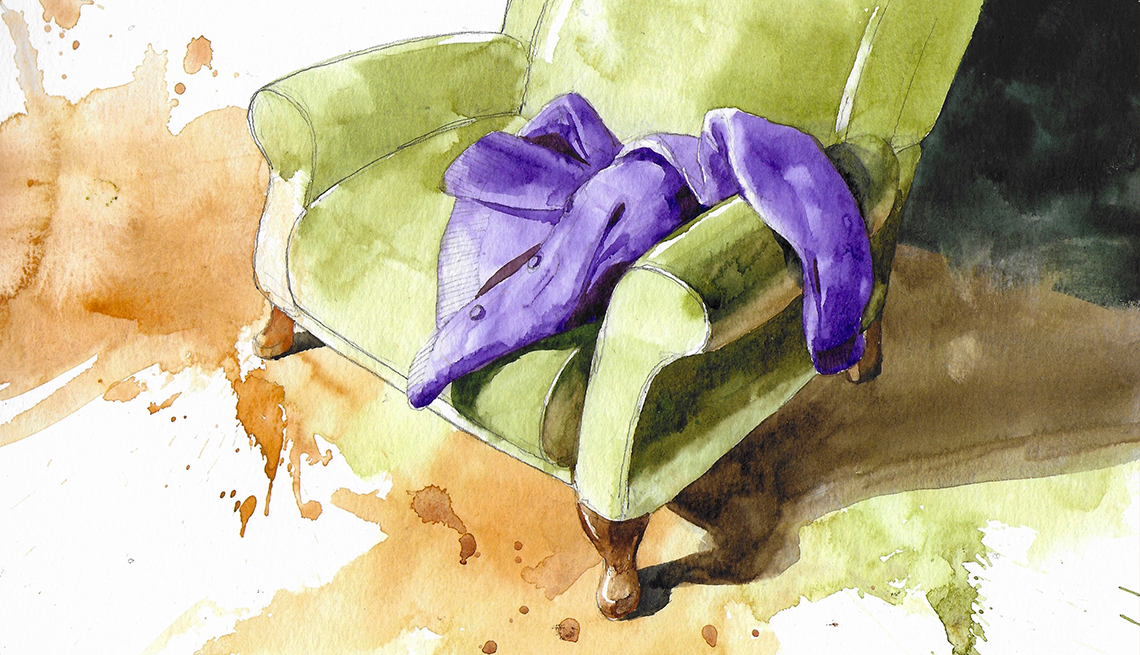
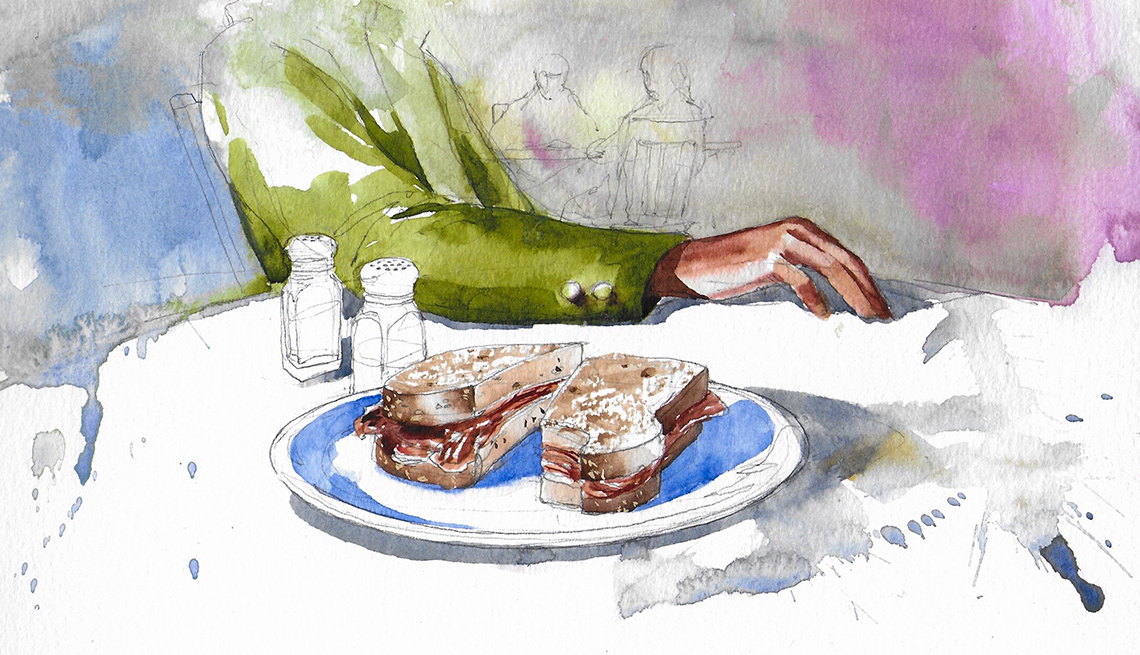
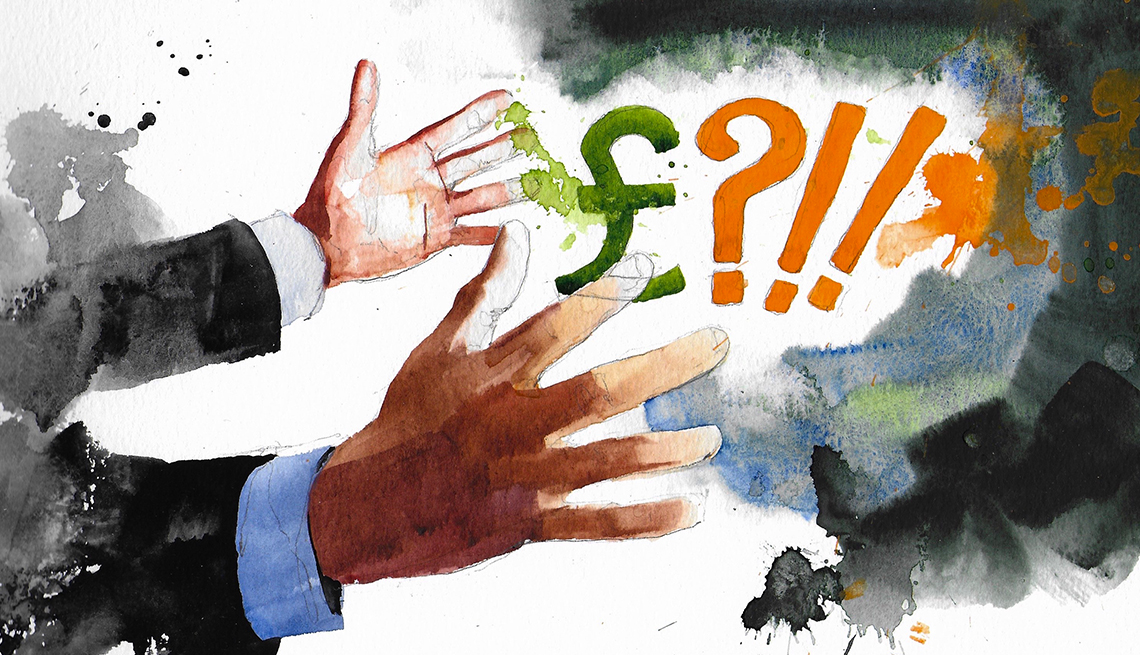
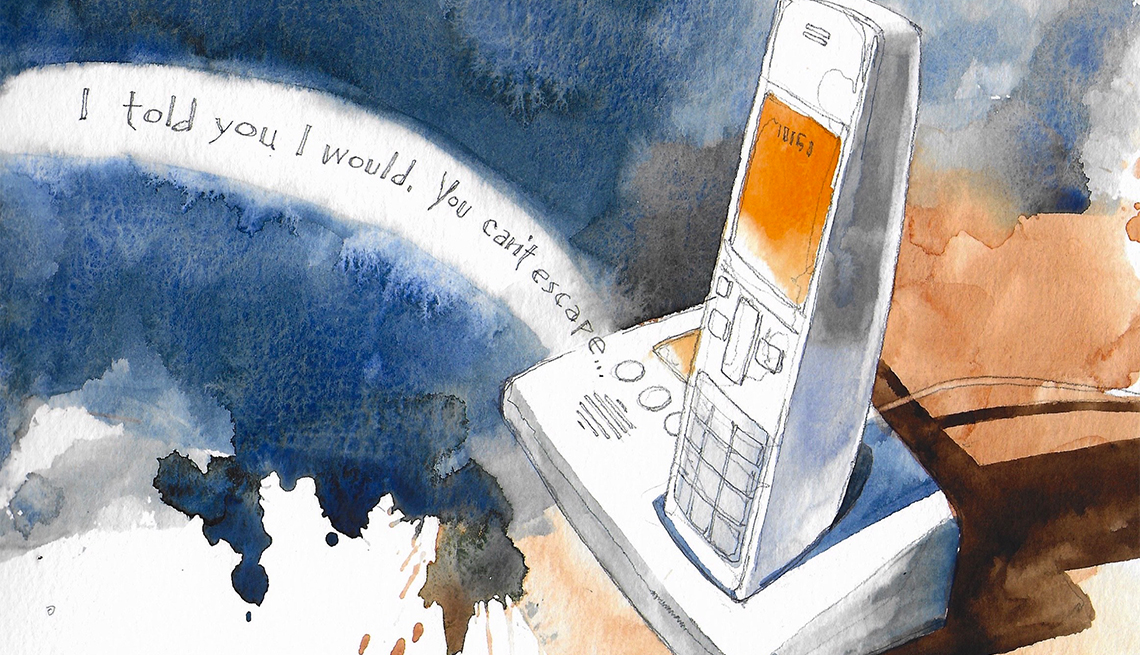
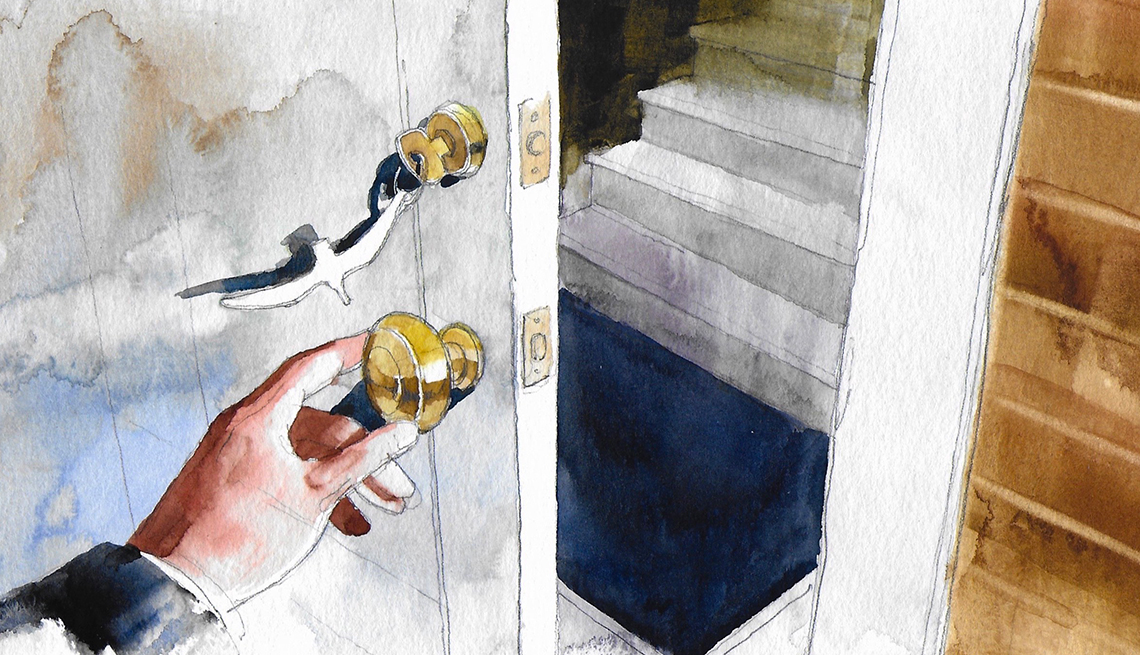
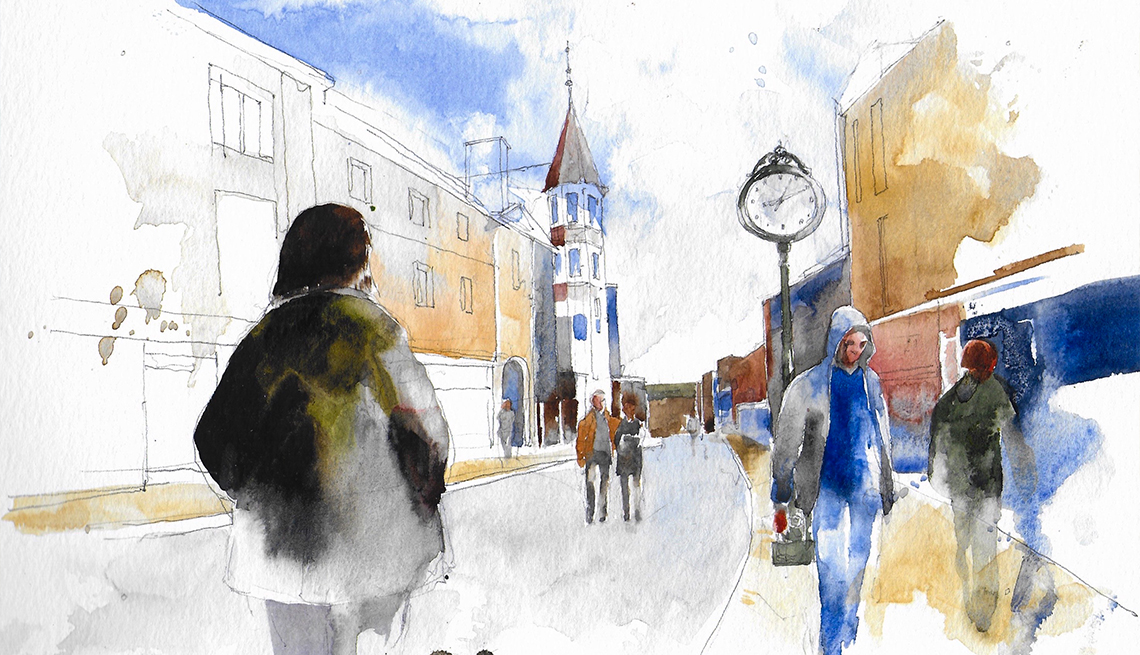
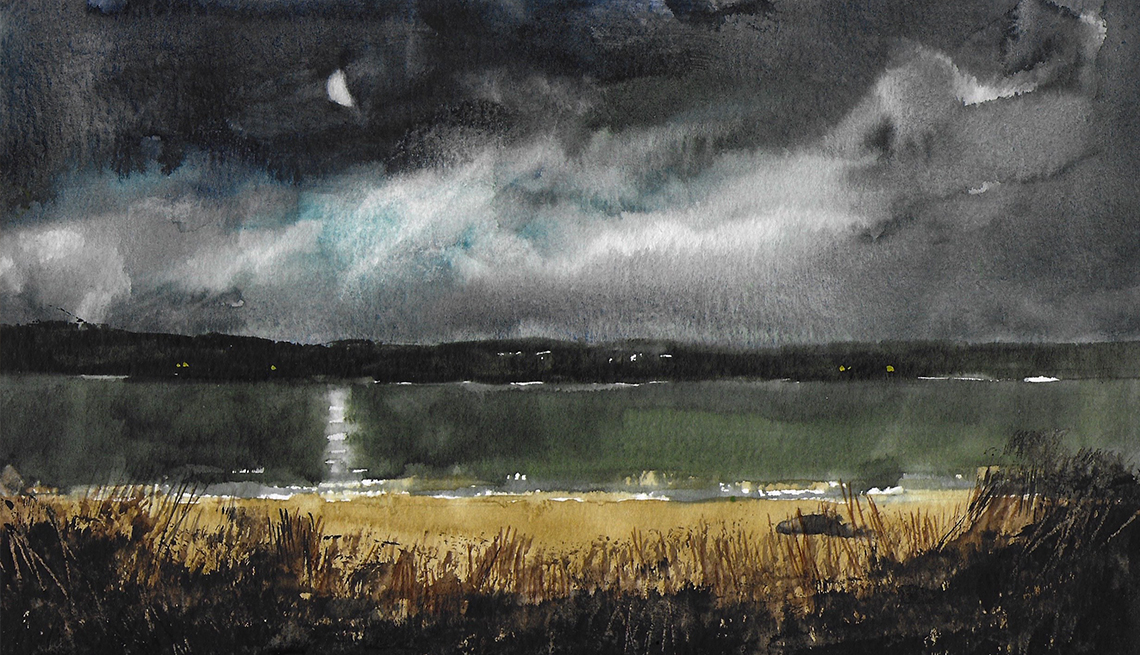
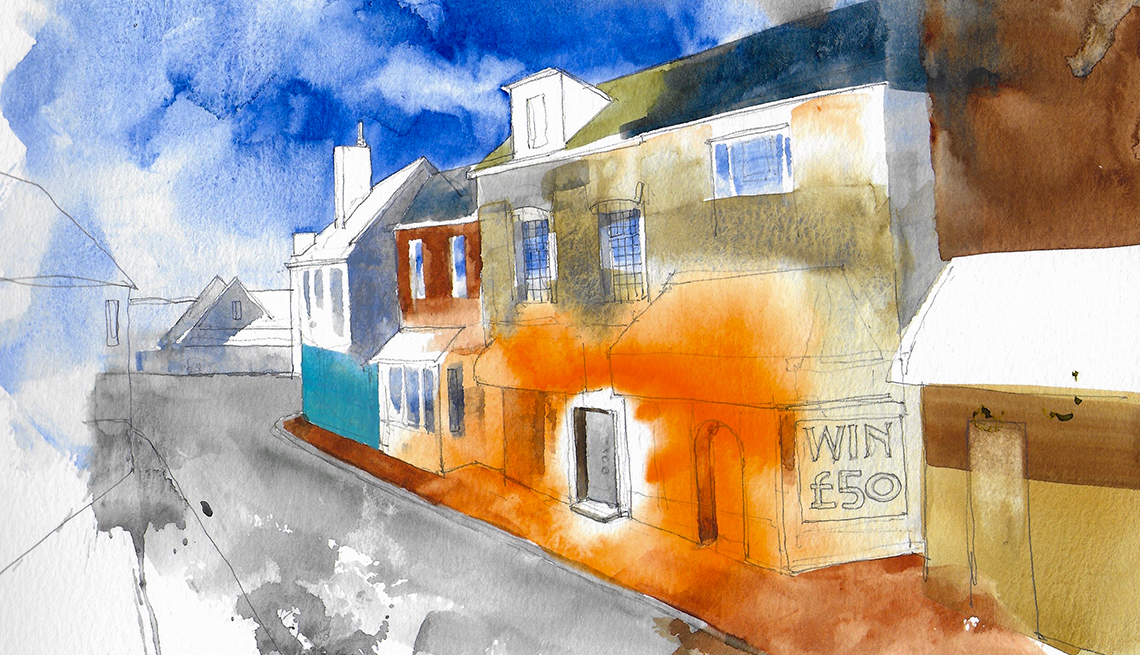
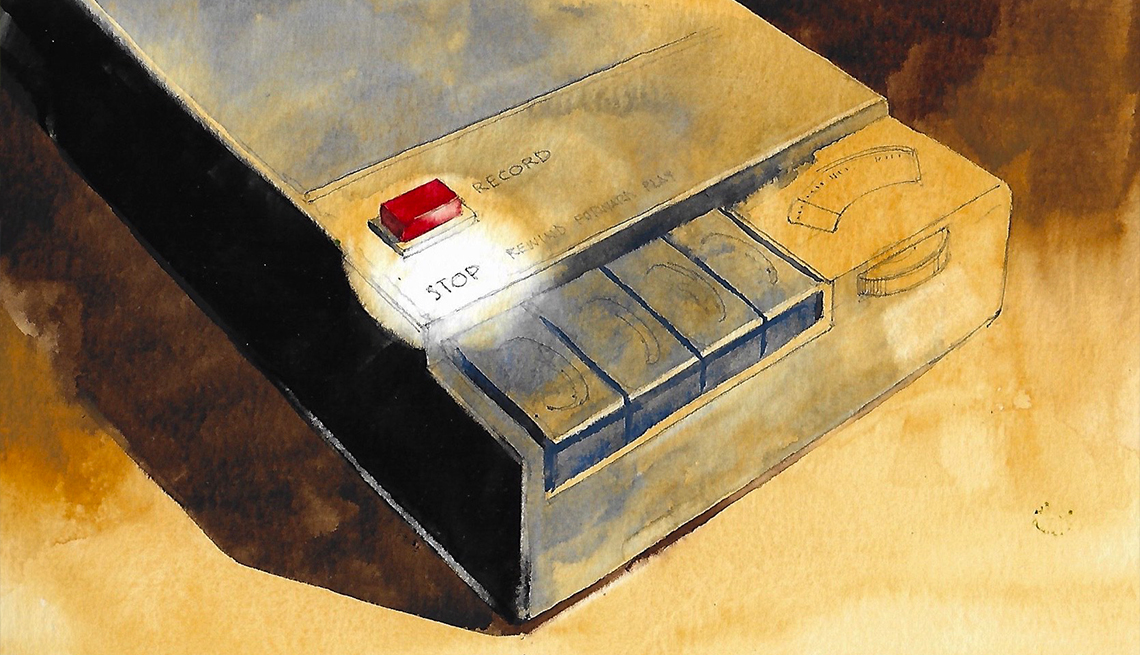
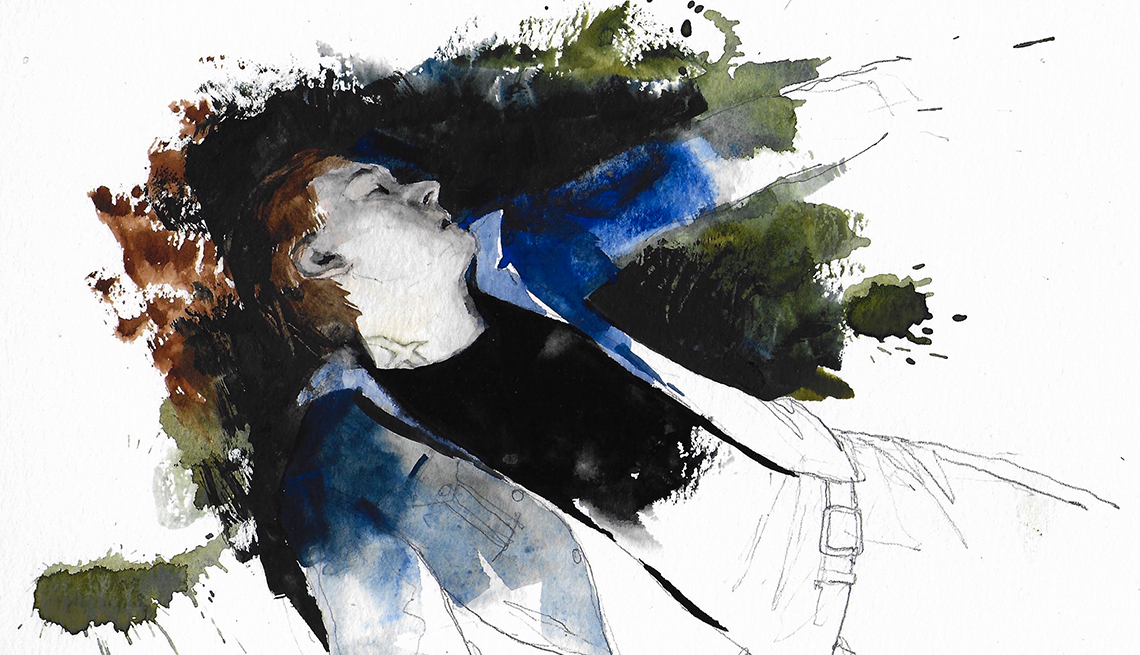
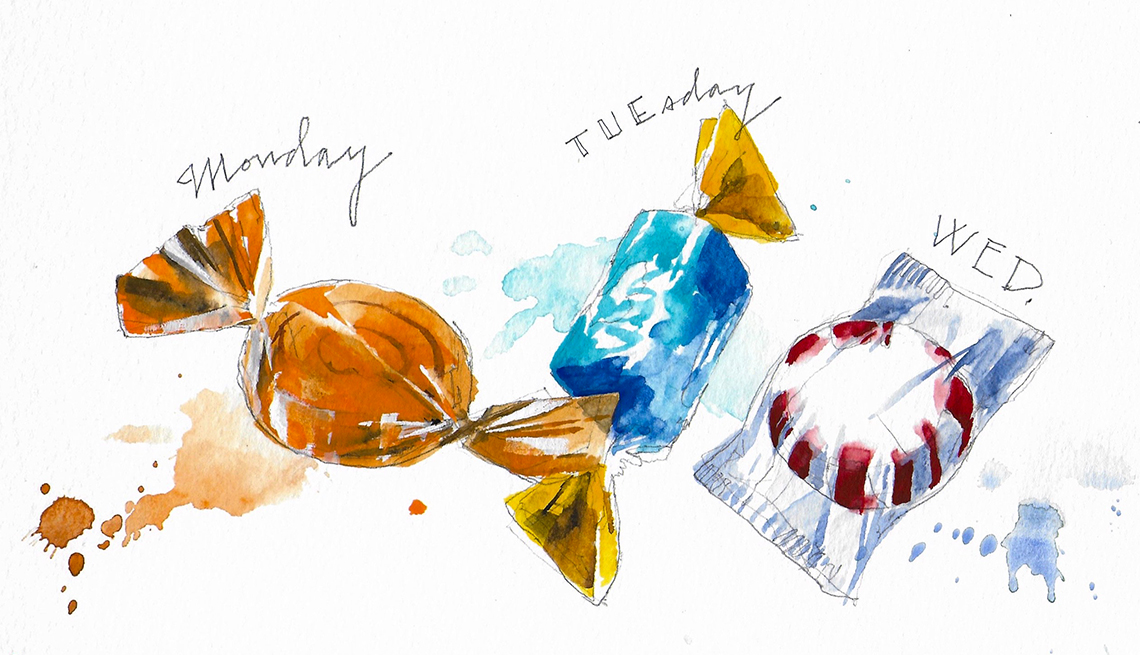
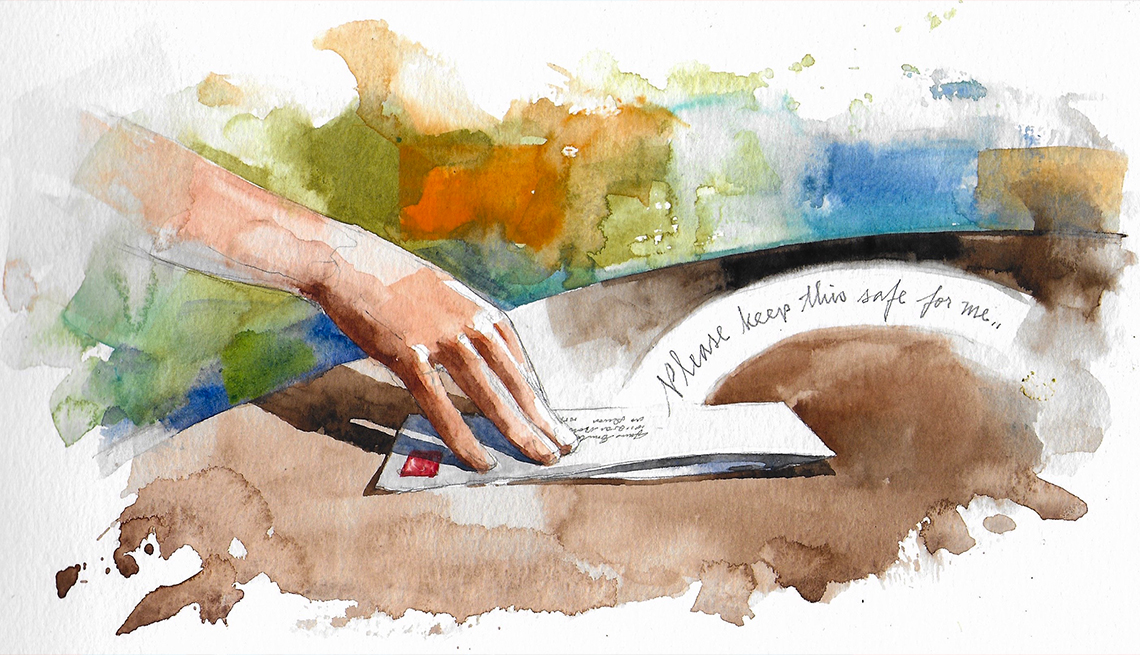
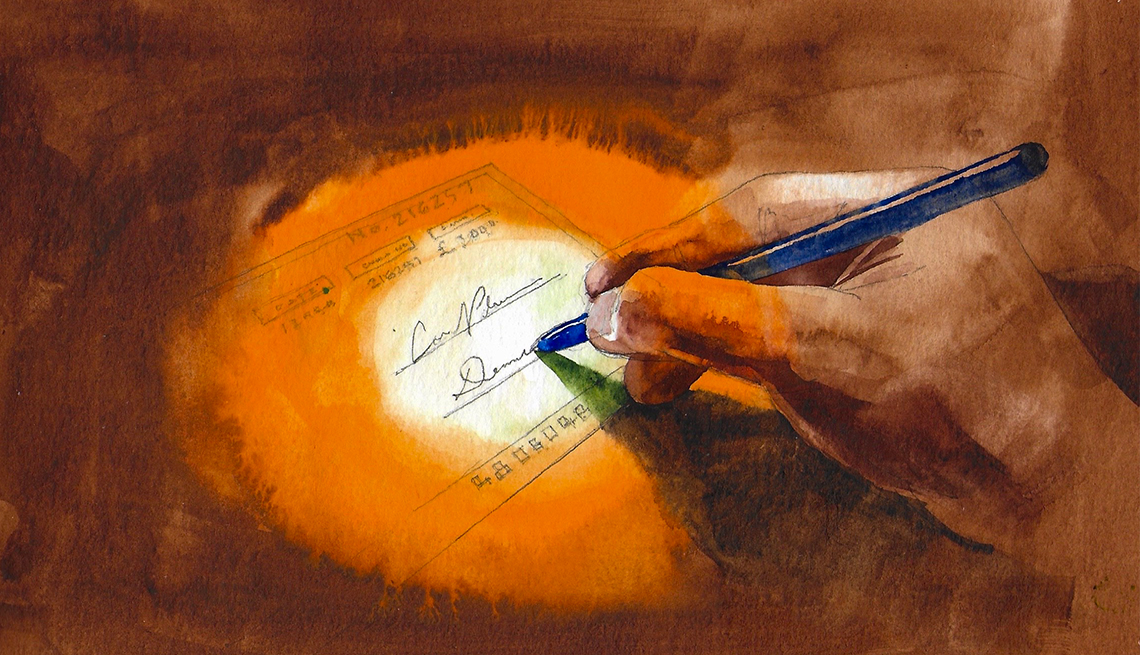
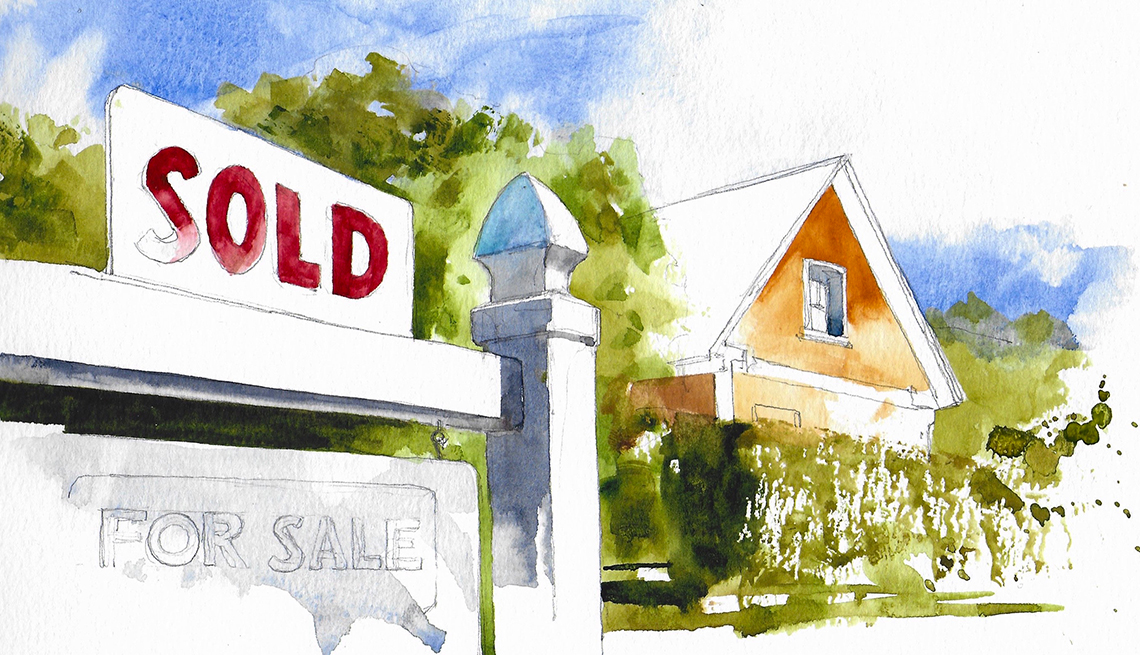



More From AARP
Free Books Online for Your Reading Pleasure
Gripping mysteries and other novels by popular authors available in their entirety for AARP members